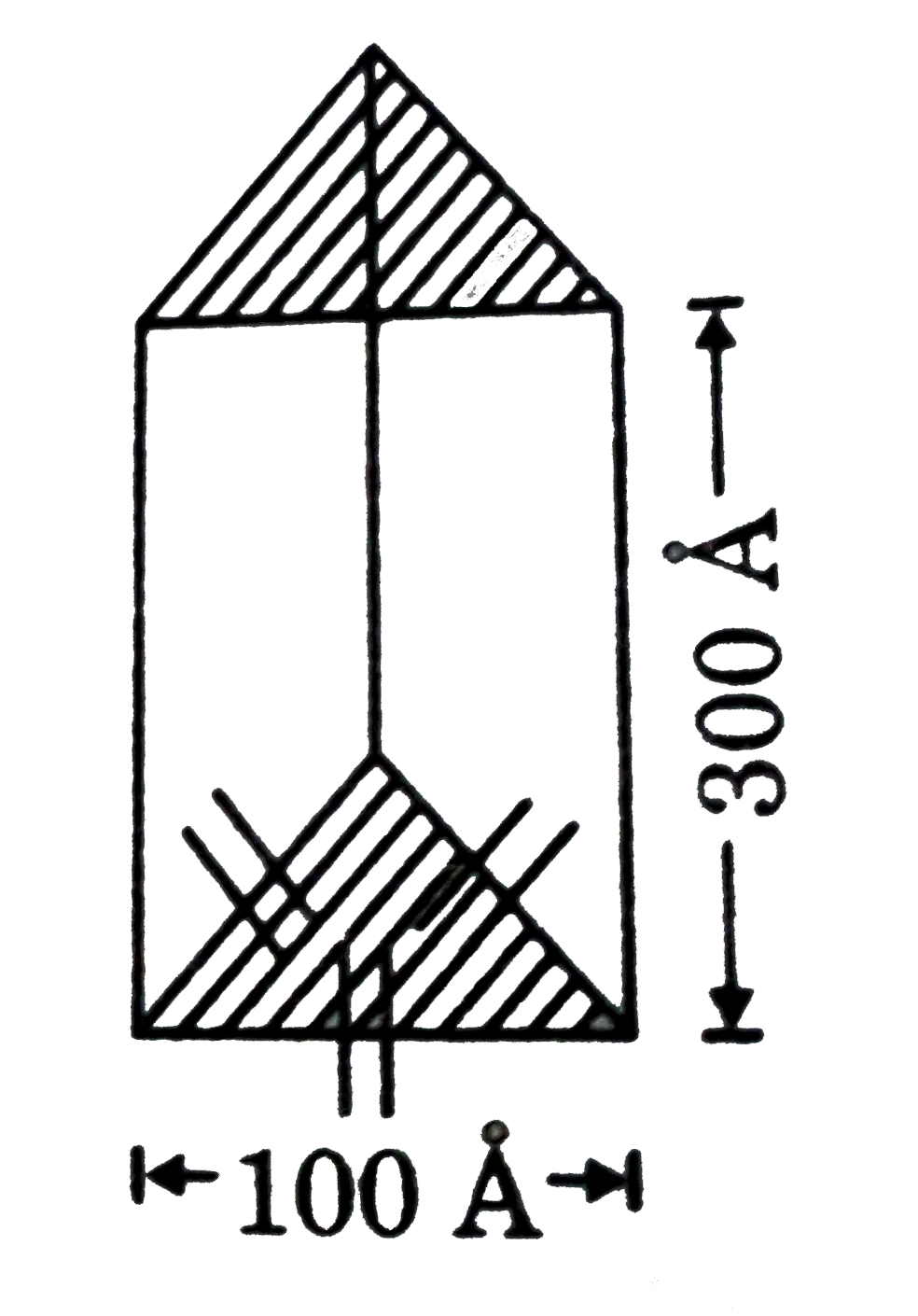Crystalline polymers are
Harder
Denser
Heavier
None of these
The correct Answer is:A, B
Step-by-Step Solution:
1. Definition of Crystalline Polymers:
- Crystalline polymers are materials that have a highly ordered structure. The polymer chains are arranged in a regular, repeating pattern, which gives them unique properties.
2. Properties of Crystalline Polymers:
- Hardness: Crystalline polymers tend to be harder than their amorphous counterparts due to their tightly packed molecular structure.
- Density: They are usually denser because of the close packing of the polymer chains.
- Thermal Conductivity: Crystalline polymers generally do not conduct heat well. This is because the orderly structure does not allow for free movement of heat through the material.
3. Comparison with Amorphous Polymers:
- Unlike crystalline polymers, amorphous polymers have a random arrangement of chains, which can lead to different properties such as lower density and different thermal and mechanical behaviors.
4. Conclusion:
- Based on the properties discussed, crystalline polymers are characterized as being hard, dense, and poor conductors of heat.
- Crystalline polymers are materials that have a highly ordered structure. The polymer chains are arranged in a regular, repeating pattern, which gives them unique properties.
- Hardness: Crystalline polymers tend to be harder than their amorphous counterparts due to their tightly packed molecular structure.
- Density: They are usually denser because of the close packing of the polymer chains.
- Thermal Conductivity: Crystalline polymers generally do not conduct heat well. This is because the orderly structure does not allow for free movement of heat through the material.
- Unlike crystalline polymers, amorphous polymers have a random arrangement of chains, which can lead to different properties such as lower density and different thermal and mechanical behaviors.
- Based on the properties discussed, crystalline polymers are characterized as being hard, dense, and poor conductors of heat.
Topper's Solved these Questions
- BIOMOLECULES AND POLYMERBook:ERRORLESS Chapter:BIOMOLECULES AND POLYMERExercise:Jee setction (Reasoning type question )
Explore 8 Videos
- BIOMOLECULES AND POLYMERBook:ERRORLESS Chapter:BIOMOLECULES AND POLYMERExercise:Jee setction (Comprehension type )
Explore 8 Videos
- BIOMOLECULES AND POLYMERBook:ERRORLESS Chapter:BIOMOLECULES AND POLYMERExercise:Jee setction (Only one choice correct answer)
Explore 26 Videos
- ANALYTICAL CHEMISTRYBook:ERRORLESS Chapter:ANALYTICAL CHEMISTRYExercise:JEE Section (Only One Choice Answer)
Explore 36 Videos
- CARBOXYLIC ACID AND THEIR DERIVATIVESBook:ERRORLESS Chapter:CARBOXYLIC ACID AND THEIR DERIVATIVESExercise:Jee Section (Matrix Match type Questions)
Explore 2 Videos
Similar Questions
Knowledge Check
Crystalline solid
ADisordered arrangementBLong range orderCShort range orderDNone of theseA crystalline polymer molecule is uniform prismatic in shape with dimension as shown. If density of the polymer is 1.2gcm3. Find its molar mass.
 A939×103B939×10−3C632×103DInsufficient data
A939×103B939×10−3C632×103DInsufficient data(A) Crystalline solids are anisotropic.
(R) Crystalline solids are not as closely packed as amorphous solids.ABoth (R) and (A) are true and reason is the correct explanation of assertion.BBoth (R) and (A) are true but reason is not correct explanation of assertionCAssertion (A) is true but reason (R) is falseDAssertion (A) and reason (R) both are false

